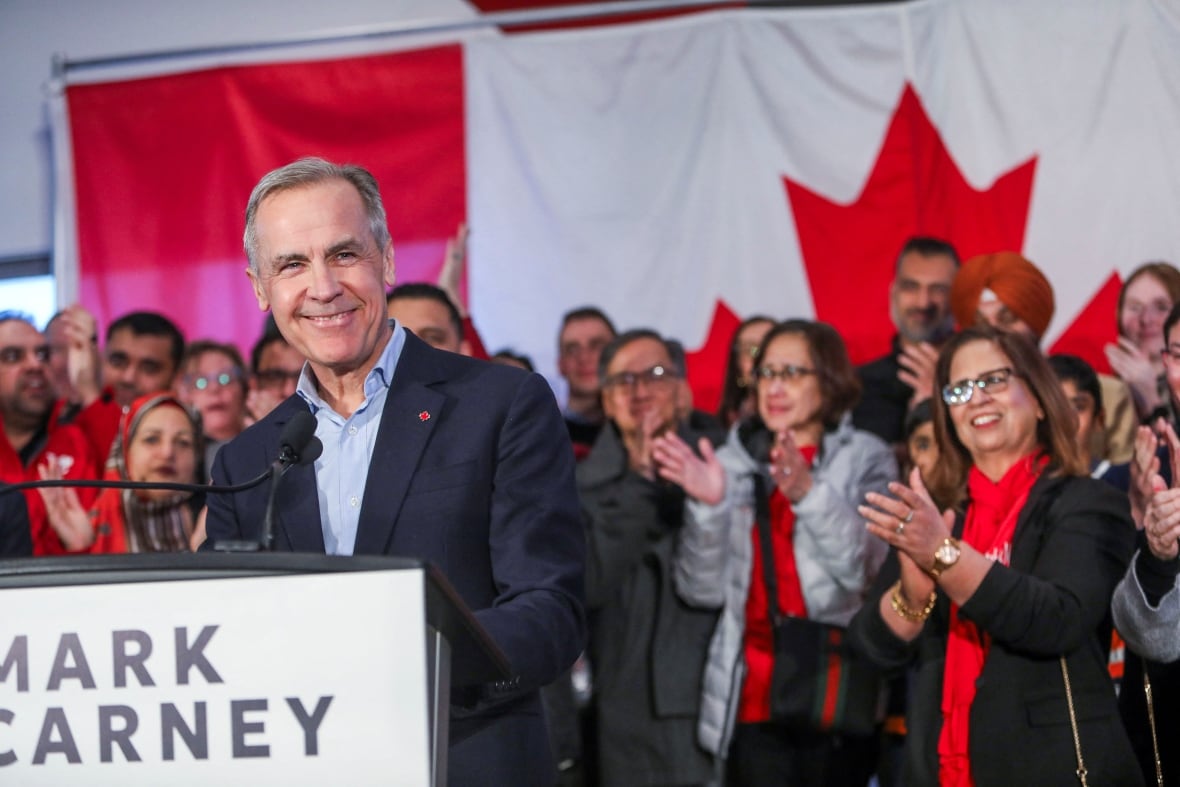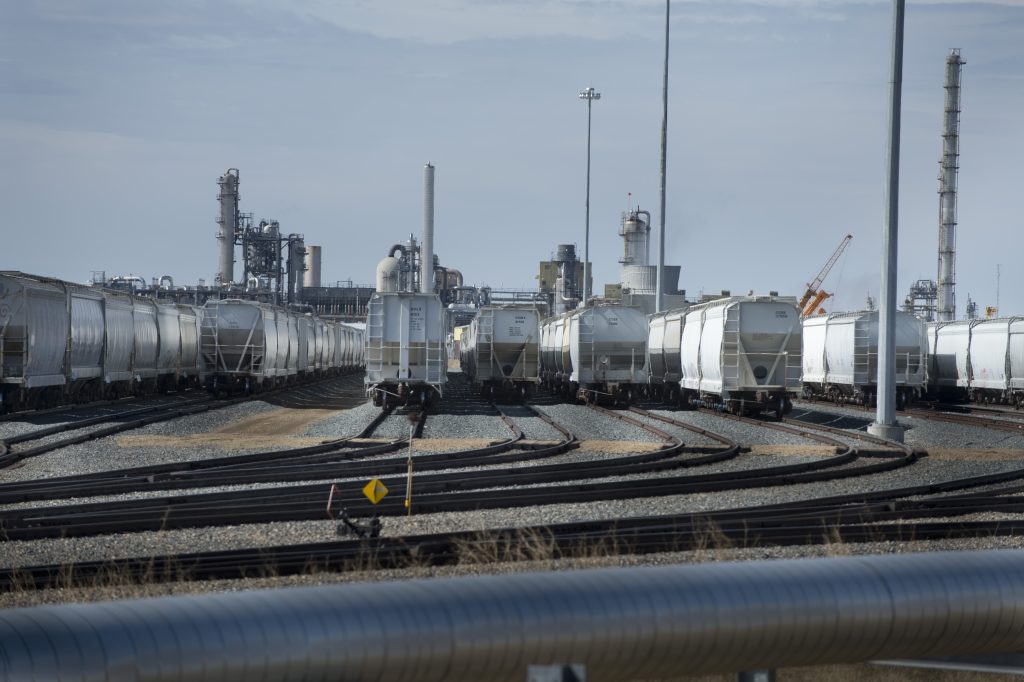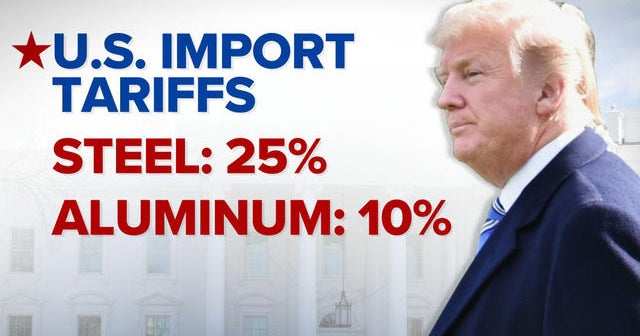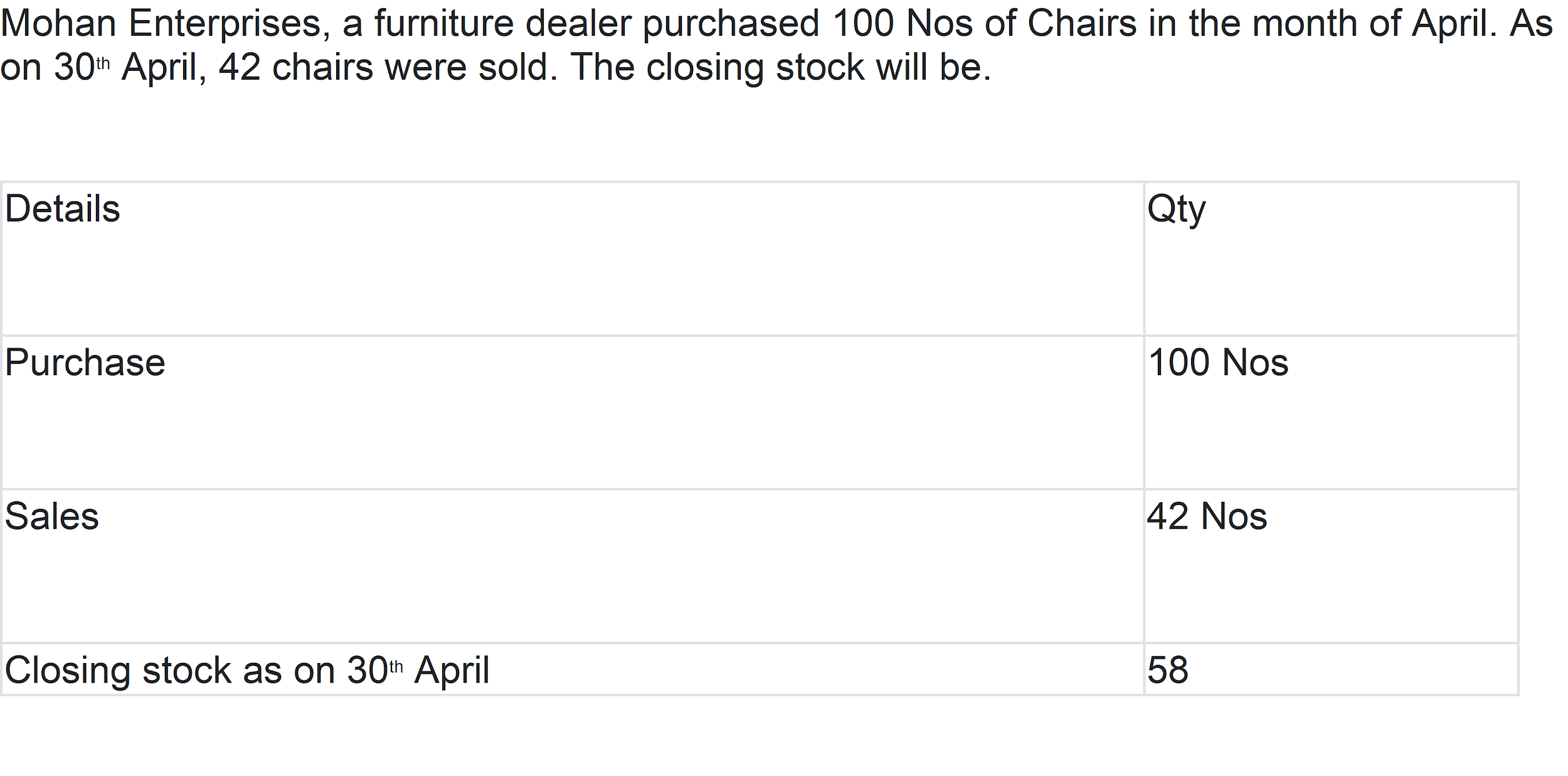Canadian Election: Carney Highlights Trump's Aggressive Trade Stance

Table of Contents
Carney's Concerns Regarding US-Canada Trade Relations
Mark Carney's apprehension stems from the unpredictable nature of Donald Trump's trade policies and their potential repercussions for Canada. The prospect of renewed trade wars or the imposition of significant tariffs remains a real threat. Carney's concerns are not unfounded; the history of trade disputes between the US and Canada demonstrates the potential for serious economic disruption.
- Increased tariffs on Canadian goods: The re-imposition of tariffs on Canadian lumber and aluminum, for instance, would significantly impact these vital sectors, leading to job losses and economic hardship.
- Disruption of supply chains: The intricate web of supply chains connecting Canada and the US is vulnerable to disruption. Tariffs and trade restrictions could significantly increase costs and create bottlenecks, affecting numerous industries.
- Negative impact on Canadian businesses and jobs: Canadian businesses heavily reliant on US markets face the risk of reduced sales and competitiveness, potentially resulting in layoffs and business closures.
- Potential for retaliatory measures from Canada: While Canada generally prefers diplomatic solutions, the imposition of unfair tariffs could trigger retaliatory measures, escalating the trade conflict and harming both economies.
The Impact on Key Canadian Industries
The potential consequences of Trump's trade policies are not uniformly distributed across the Canadian economy. Certain sectors are particularly vulnerable:
- Agriculture: Canadian agricultural exports, including grains, dairy, and livestock, are heavily reliant on the US market. Tariffs or trade restrictions could devastate this sector, impacting farmers and related businesses.
- Automotive industry: The Canadian automotive industry is deeply integrated with its US counterpart. Disruptions to the supply chain or the imposition of tariffs could cripple production and employment.
- Energy sector: Canada's energy exports, particularly oil and gas, are significantly affected by US policies. Trade restrictions could severely limit export opportunities, harming the Canadian energy sector and related industries.
The effects extend beyond these specific sectors. The economic ripple effect across the Canadian economy could lead to reduced investment, slower economic growth, and increased unemployment.
Political Implications for the Canadian Election
Carney's warnings have significant implications for the upcoming Canadian election. The potential impact of Trump's trade policies is likely to influence voter choices and shape the platforms of political parties.
- Party platforms: How different political parties address trade concerns in their election campaigns will be crucial. Voters will be looking for credible plans to mitigate the risks posed by uncertain US trade relations.
- Central election issue: Trade policy has the potential to become a central issue in the election. The public's perception of the risk posed by Trump's policies will significantly influence voter behavior.
- Voter choices: Voters will likely favor candidates and parties perceived as having strong plans to safeguard the Canadian economy from the negative impacts of unpredictable US trade relations.
Potential Responses from the Canadian Government
The Canadian government faces the challenge of mitigating the potential negative impacts of Trump's trade policies. Several strategies could be employed:
- Negotiating new trade deals or strengthening existing ones: Diversifying trade partnerships beyond the US is crucial to reducing reliance on a single market and mitigating risks.
- Implementing domestic economic support measures: Targeted support for industries most vulnerable to trade disruptions may be necessary to prevent job losses and economic hardship.
- Trade diversification: Actively pursuing new trade agreements with other countries can help reduce dependence on the US market and provide alternative export opportunities.
Conclusion: Navigating Uncertain Trade Waters: The Canadian Election's Crucial Role
Mark Carney's warnings regarding the potential economic consequences of Trump's trade policies highlight the critical importance of the upcoming Canadian election. Understanding the risks to the Canadian economy posed by uncertain US-Canada trade relations is paramount. Informed voter participation is essential to ensuring that the next government has the mandate and the capacity to navigate these challenging trade waters effectively. Stay informed about the candidates' stances on trade policy during this crucial Canadian election and make your voice heard. Understanding the potential impacts of US-Canada trade disagreements is vital to choosing a government that can effectively protect the Canadian economy.

Featured Posts
-
 Broadcoms V Mware Acquisition At And T Highlights Extreme Price Surge
Apr 27, 2025
Broadcoms V Mware Acquisition At And T Highlights Extreme Price Surge
Apr 27, 2025 -
 Dow Chemical Halts Canadian Construction Due To Market Uncertainty
Apr 27, 2025
Dow Chemical Halts Canadian Construction Due To Market Uncertainty
Apr 27, 2025 -
 Justin Herberts Chargers To Play First Game Of 2025 In Brazil
Apr 27, 2025
Justin Herberts Chargers To Play First Game Of 2025 In Brazil
Apr 27, 2025 -
 Nfl Players Find Second Chances Thanks To Mc Cook Jeweler
Apr 27, 2025
Nfl Players Find Second Chances Thanks To Mc Cook Jeweler
Apr 27, 2025 -
 Alberto Ardila Olivares Y Su Garantia De Exito En El Futbol
Apr 27, 2025
Alberto Ardila Olivares Y Su Garantia De Exito En El Futbol
Apr 27, 2025
Latest Posts
-
 Alberta Faces Economic Fallout From Dow Project Delay Due To Tariffs
Apr 28, 2025
Alberta Faces Economic Fallout From Dow Project Delay Due To Tariffs
Apr 28, 2025 -
 Tariffs Cause 9 Billion Dow Project Delay In Alberta
Apr 28, 2025
Tariffs Cause 9 Billion Dow Project Delay In Alberta
Apr 28, 2025 -
 Alberta Economy Hit Dow Project Delay And Tariff Impacts
Apr 28, 2025
Alberta Economy Hit Dow Project Delay And Tariff Impacts
Apr 28, 2025 -
 Dows 9 B Alberta Project Delayed Collateral Damage From Tariffs
Apr 28, 2025
Dows 9 B Alberta Project Delayed Collateral Damage From Tariffs
Apr 28, 2025 -
 Hudsons Bays Final Days Massive Discounts On Closing Stock
Apr 28, 2025
Hudsons Bays Final Days Massive Discounts On Closing Stock
Apr 28, 2025
